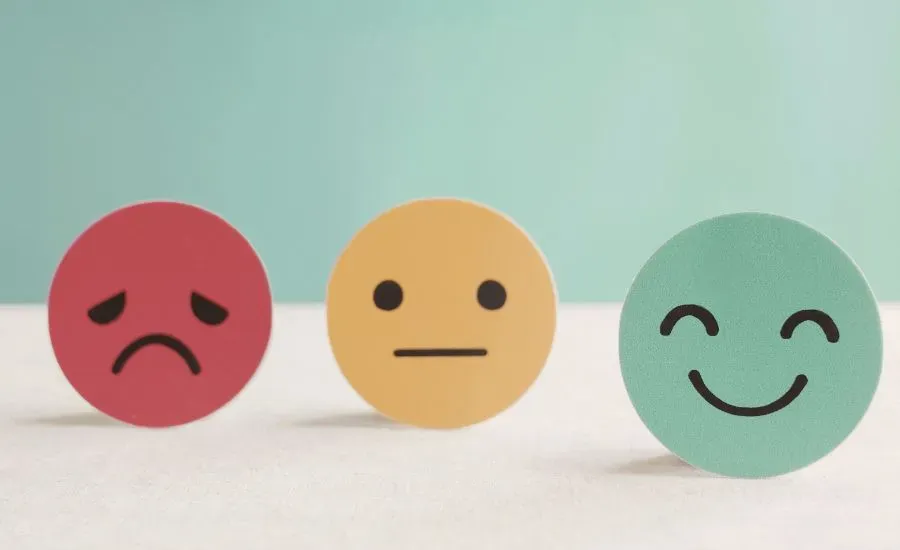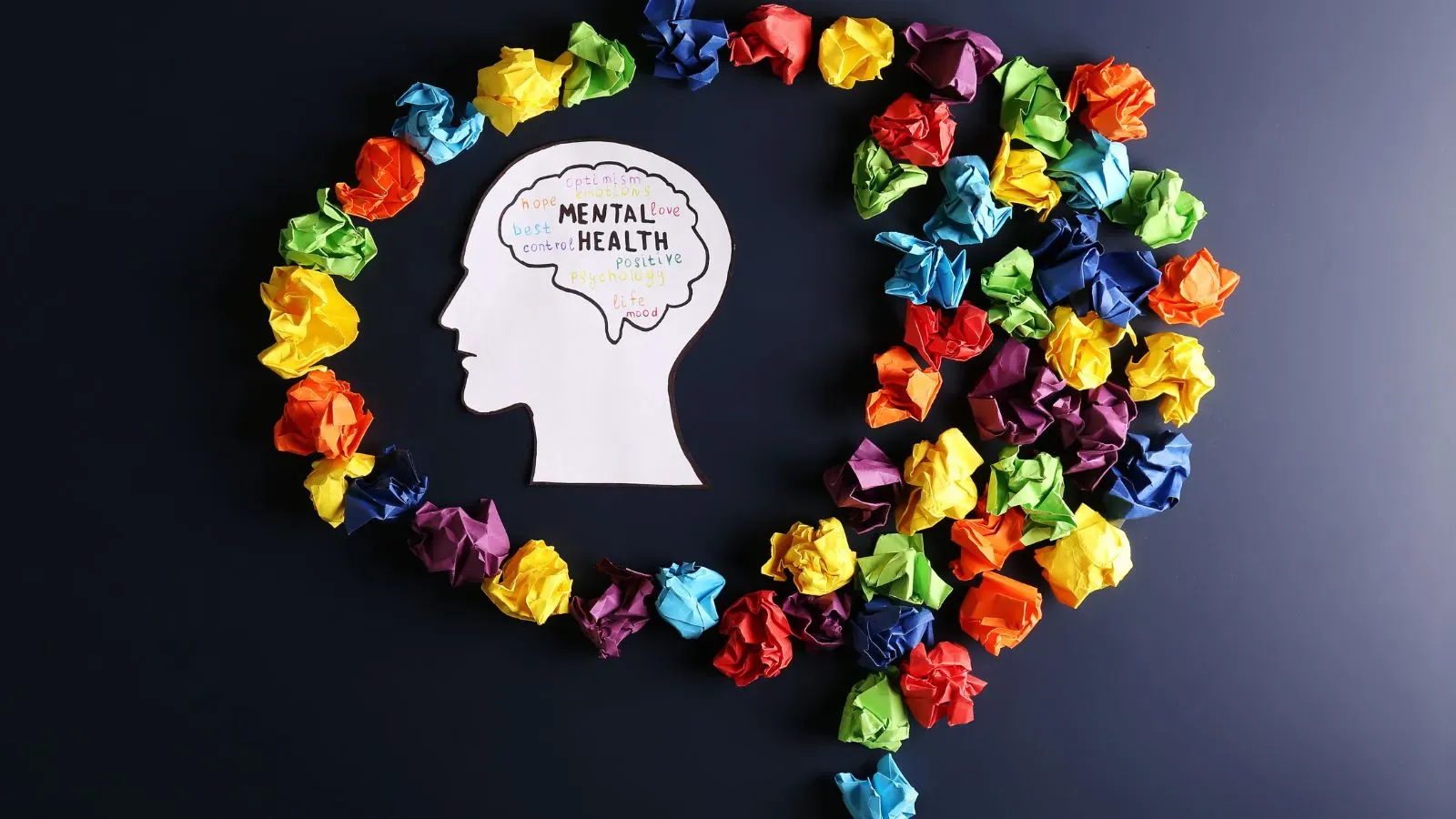Juggling work deadlines, personal commitments, and that ever-present self-care wish list – it's no surprise that, as working women, our mental health can sometimes take a backseat. But what if the key to unlocking a calmer, more focused you lies not just in meditation apps and bubble baths (though those have their place!) but also on your plate?
It is indisputable that nutrition plays a fundamental role in health and well-being. But as time passes, we learn how our nutrition affects our social, emotional, and mental health.
While there is still much to uncover about the underlying relationship between diet and mental health, we have compelling evidence to suggest that the two are, in fact, very closely linked.
Here's the empowering truth: you can indeed have control over your mental well-being through the power of food. The concept of nutrition is not about restrictive diets or diet trends but about nourishing your body with what it needs to thrive.
Today, an emerging field called nutritional psychiatry emphasizes how diet affects the way people feel mentally. It aims to support the treatment of mental health conditions through diet and lifestyle changes.
It's something we may have taken for granted in the past, but it makes perfect sense that the food we eat has the same effect on our brains as it does on the rest of our bodies. One reason why our food choices affect our brain so firmly is that our gastrointestinal system - or what is commonly referred to as "the gut" - is actually very closely connected to the brain.
Read 5 Habits that harm your gut health
Our gut is home to trillions of living microbes that perform many body functions, such as synthesizing neurotransmitters that send chemical messages to the brain to regulate sleep, pain, appetite, mood, and emotion. In fact, there is such an intricate network of interactions between the two that the gut has been nicknamed the "second brain."
Existing research in nutritional psychiatry shows that diet can affect mental and emotional health. The foods we eat affect our gastrointestinal system, which is directly linked to our brain and how we process emotions
The Mediterranean diet is associated with improved mental health
There is some evidence that certain eating patterns, such as the Mediterranean diet, may help reduce symptoms of depression and anxiety.
In recent years, many studies have observed links between dietary patterns, gut health, and depression risk. One study found that a diet rich in fruits, vegetables, whole grains, and legumes and low in red and processed meats was associated with a 10% lower chance of depressive symptoms.
At least two landmark studies directly measured the ability of the Mediterranean diet to reduce measures of depression in experimental study groups with promising results.
According to this study, at a population level, adherence to the Mediterranean diet is associated with a lower risk of depression and cognitive disorders. In people suffering from depression, switching to a Mediterranean-style diet is an effective treatment strategy.
However, not all studies have found such impressive results, and more human trials are still needed. Nevertheless, the early evidence is compelling. Some health organizations are even beginning to recommend the Mediterranean diet to support gut health and reduce the risk of depression.
Brain Food Basics

Our brain is a tireless engine; just like our car, it needs the right fuel to run smoothly. Complex carbohydrates from whole grains, fruits, and vegetables provide sustained energy, while healthy fats found in fish, avocados, and nuts keep us feeling sharp. Protein is the building block for neurotransmitters that regulate mood and focus. Omega-3 fatty acids, abundant in fatty fish, have even been linked to reducing symptoms of anxiety and depression.
Beat the Bloat, Boost Your Mood
We've all experienced the post-lunch slump. Sugary treats and processed foods can cause blood sugar spikes and crashes, leaving us feeling drained and irritable. Opt for meals that are balanced in protein, fiber, and healthy fats to maintain stable energy levels and support a balanced mood.
Hydration Hero
Feeling foggy or forgetful? Dehydration can significantly impact cognitive function. Aim to drink plenty of water throughout the day (8-10 glasses is recommended). Keep a reusable water bottle handy and set reminders if needed. Don’t like the taste of the water? Add fruits, herbs, or cucumbers to your water for a refreshing twist.
Read here why water is the ultimate beauty elixir
How To Take The Next Step Toward Protecting Your Mental Health
These are some small steps that can help you achieve a more balanced, mental health-friendly diet:
Plan Your Power Bites: Meal prepping can save you time and ensure healthy choices are available in your fridge. Pack energizing snacks like nuts, fruits with nut butter, or yogurt with berries, and always have healthy snacks in your desk drawer. Cook larger portions of healthy meals you can enjoy throughout the week. Leftovers are your friend!
Read here how to plan your meals effectively
Listen to Your Body: Cravings can be a sign of nutrient deficiencies. If you're constantly craving sugary treats, then it’s worth trying to incorporate more complex carbohydrates or healthy fats into your diet that would help you feel saturated but not fill you with empty calories.
Make it Fun! Make your nutrition a fun game where you can explore new recipes, try a farmers market haul, or get a friend involved in a healthy cooking challenge.
 THE WORKING GAL
THE WORKING GAL





